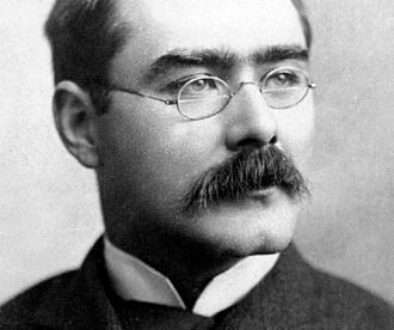The Greatest Generation – What Can We Learn from Them?
Menanteau Serfontein – 1 October 2021
In an Article written by Will Adams, he refers to the book “The Greatest Generation”, authored by Journalist Tom Brokaw who profiled the men and women who grew up in the United States during the Great Depression and then went on to fight and win World War II. Brokaw declared that “those who suffered, sacrificed, and persevered during that stretch of time are unquestionably America’s Greatest Generation”.
(Most of the content of this Article has been transcribed verbatim from the Article published by Will Adams.)
The were 6 traits that distinguished the Greatest Generation:
- Personal Responsibility
We live in an age of blame. It’s never our fault, it’s someone or something else that’s to blame for our actions, mistakes, or failures. Conversely, the Greatest Generation viewed personal responsibility as an honour, something that was bestowed upon them, something to be grateful for, to cherish, and to respect. Great lessons of leadership always start with a deep sense of personal responsibility. (Also Read the Article on the site entitled “Taking Personal Responsibility”).
- Integrity
In the 1925 US Open, famed golfer Bobby Jones pulled a 1-iron out of his bag. As he set up to hit the ball out of the rough grass, his ball moved ever so slightly, a motion that calls for a 1-stroke penalty. He was the only one who saw it—and yet he called the penalty on himself. That penalty eventually cost him the championship. When people tried to congratulate him on his sportsmanship, Jones said, “That’s like congratulating someone for not robbing a bank.” In that instant, Jones personified the saying, “character is what you do when no one else is watching.” The Greatest Generation is known for its integrity – people who value what is honest, true, noble, trustworthy, kind and right, all ahead of personal gain. When it’s firmly embedded in our foundation, integrity ceases to be optional, but instead becomes a way of life. (Also Read the Article on the site entitled “Integrity and Honesty”).
- Humility
Humility and modesty aren’t exactly in style these days. The more flamboyant, provocative, and attention-grabbing, the better. No matter where you turn, we’re bombarded by braggadocios behaviour (empty boasting, arrogant pretension). In the days of the Greatest Generation, dignity and modesty were expected. Society held itself to a higher standard, and humility was at the heart of it all. It was about self-sacrifice and what is best for family, community and country. (Also Read the Article on the site entitled “Humility vs the “BIG ME”).
- Work Ethic
The Greatest Generation viewed work as a means to survival. And it was! During the Great Depression (1929-1939), men and women worked a variety of jobs wherever they could find them and for whatever wages they were paid. And later during World War II, work literally meant life or death. If Dad was off fighting the war, mom was working at a converted munitions factory, and the children were doing their part as well, all taking great pride in the work they were doing. Thankfully, we’re not engaged in a Great Depression or World War today, and in many professions, technology and other innovations have made our work easier and less burdensome. But those blessings have also spawned a culture of slothfulness, an attitude of selfishness, and many idle hands.
- Financial Prudence
Today we live in a disposable culture. Everything is temporary, including our money. In the 1930’s and 1940’s, everything was saved. To be frugal was the discipline of the day. Today we’re a consumer-based economy. We fill our lives with one temporary gadget after another (often something that is unnecessary and a mere “nice to have”), and it all moves so fast, there’s no need for a repair man anymore. Just go and buy a new one. Unfortunately, that type of thinking has led to a great deal of personal financial stress, debt, and household instability. Perhaps we can learn a thing or two from the people who had a culture of saving.
- Faithful Commitment
Does loyalty count? Or should we constantly be on the lookout for the next green pasture? Is a man’s word still his bond and his honour? The difference between the Greatest Generation and the generation of today, in many ways, comes down to those questions. To see a 50th wedding anniversary today is an anomaly, and not a normal milestone of a couple living their golden years. (Also Read the Article on the site entitled “Duty, Trustworthiness, Dependability and Faithfulness”).
We’re also living in a very troubled time in history. Perhaps now is the time for us to reflect on the things that are truly important, the values we leave behind, and to learn from our history so that we have a chance to be great today and even better tomorrow.
Most of the content of this Article has been derived from the source below:
- Article entitled “What We Can Learn from the Greatest Generation” by Will Adams (Marketing Director for Tarkenton Companies) – January 24, 2018 https://gosmallbiz.com/can-learn-greatest-generation/






